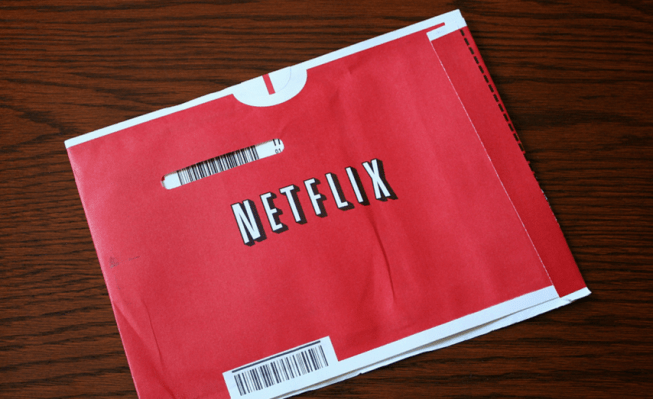FCC Commissioner Ajit Pai sent a letter to Netflix CEO Reed Hastings today, alleging that the online video provider was working to “effectively secure” Internet “fast lanes” for its content.
Netflix has been a strident voice in favor of net neutrality. As such, Pai’s comments are somewhat embarrassing. If Netflix is in fact building ways to advantage its content over that of others, it could be said that it was working to warp, or otherwise distort the fabric of the Internet in its favor. That would make it a monied incumbent hoping to use a cash advantage to bolster its market position, precisely what net neutrality seeks to avoid and prevent.
The company declined to comment.
Here’s Pai’s argument on why Netflix is going against its own stance on net neutrality [Bolding: TechCrunch]:
Recent press articles report that Netflix, our nation’s largest streaming video provider, has chosen not to participate in efforts to develop open standards for streaming video. Moreover, I understand that Netflix has taken — or at least tested — measures that undermine aspects of open standards for streaming video. Specifically, I understand that Netflix has at times changed its streaming protocols where open caching is used, which impedes open caching software from correctly identifying caching Netflix traffic. Because Netflix traffic constitutes such a substantial percentage of streaming video traffic, measures like this threaten the viability of open standards. In other words, if standards collectively agreed upon by much of the industry cannot identify and correctly route Netflix traffic, those standards ultimately are unlikely to be of much benefit to digital video consumers.
Some have suggested that Netflix has taken these actions because the company is currently installing its own propietary caching appliances throughout ISPs’ networks as part of its Open Connect program. If ISPs were to install open caching appliances throughout their networks, all video content providers — including Netflix — could compete on a level playing field. If, however, ISPs were to install Netflix’s proprietary caching appliance instead, Netflix’s videos would run the equivalent of a 100-yard dash while its competitors’ videos would have to run a marathon.
To Pai, that doesn’t sound fair. The allegations “raise an apparent conflict with Netflix’s advocacy for strong net neutrality regulations,” according to the commissioner.
There is a lot for Netflix to respond to in the above, including the commissioner’s apparent idea that if Netflix installed its own caching equipment, other caching equipment is excluded.
More broadly, it’s worth quoting the company from earlier this year:
Netflix believes strong net neutrality is critical, but in the near term we will in cases pay the toll to the powerful ISPs to protect our consumer experience. When we do so, we don’t pay for priority access against competitors, just for interconnection.
Netflix may argue that what Pai is unhappy with is merely some form of interconnection. What we need here is a technical explanation from Netflix. Merely opting out of the open protocol isn’t a sin. But if Netflix’s decision to do so, and work with ISPs in a certain context, will force non-Netflix content to be delivered even comparatively more slowly — which is to say, granting Netflix a speed boost of any sort — then we have something larger to chew on.
